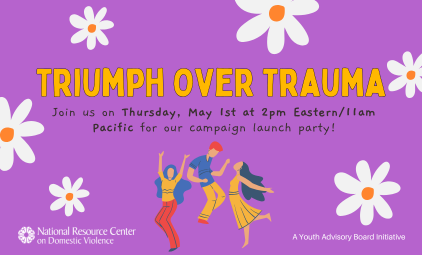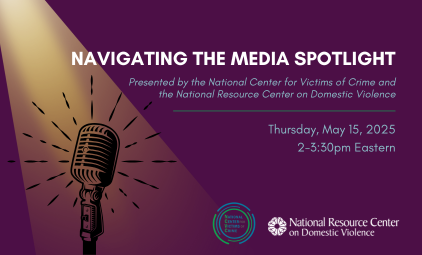These blind reports enable a victim to let the police department record some information about the crime and perpetrator without the victim having to decide whether or not to immediately file a regular crime report that might lead to an investigation and trial. The article argues the benefits to sexual assault victims, law enforcement agencies and the community of providing the blind report option.
Highlighting that a vast majority of sexual assaults are not presently reported to the police, this article describes the option of annonymous (a.k.a. blind) reporting as one way that sexual assault crime victims might retain confidentiality yet get their attack recorded in the law enforcement system. It has sections covering: ways to benefit from a blind reporting system, 'How to Establish Such a System', overcoming agency resistance in establishing blind reporting options, and some concluding considerations to weigh when considering implementing blind reporting options for sexual assault survivors.
The article describes that such annonymous, or blind reporting systems might:
- enable investigators to have a more accurate sense of the true level of sexual violence in the community because they get information about more crimes and criminals including information that may assist in identifying patterns of repeat offenders;
- provide victims with another option for healing -- an option that falls in between not reporting the crime, and, being involved in a full criminal investigation;
- afford victims an opportunity to find out what the criminal process is like, and, during the blind report to determine whether there can be trust built between victim and the investigator;
- enable victims to recoup costs associated with emergency rape examinations and other related expenses because some states include victims who file blind reports as qualifying to receive rape victim's assistance.
"Blind Reporting of Sexual Violence" is the second of four articles in the June 1999 FBI Law Enforcement Bulletin.
Comments from anti-sexual assault advocates to consider when using this material:
- The sexual assault victim deserves access to the information s/he deems necessary in order to make informed consent about disclosing any information regarding the assault. Prior to an annonymous or blind report, the law enforcement department or other agency needs to clearly communicate to the sexual assault victim how and when the blind report contents might be shared within that agency or to external sources (e.g. media, other law enforcement or other agencies). This is especially important as many law enforcement agencies and anti-sexual assault agencies have slightly different protocols regarding confidentiality and disclosure of information.
- The article reinforces the importance of victim confidentiality and describes that "only officers assigned specifically to sexual assault cases should have access to the blind report" (p.15). In places such as small communities, the sexual assault victim may know most of the individual police department staff members; as possible, an agency should work with the survivor to provide and commit to options that best ensure victim confidentiality and annonymity with agency staff.
| Attachment | Size |
|---|---|
| Blind Reporting of Sexual Violence | 97 KB |














